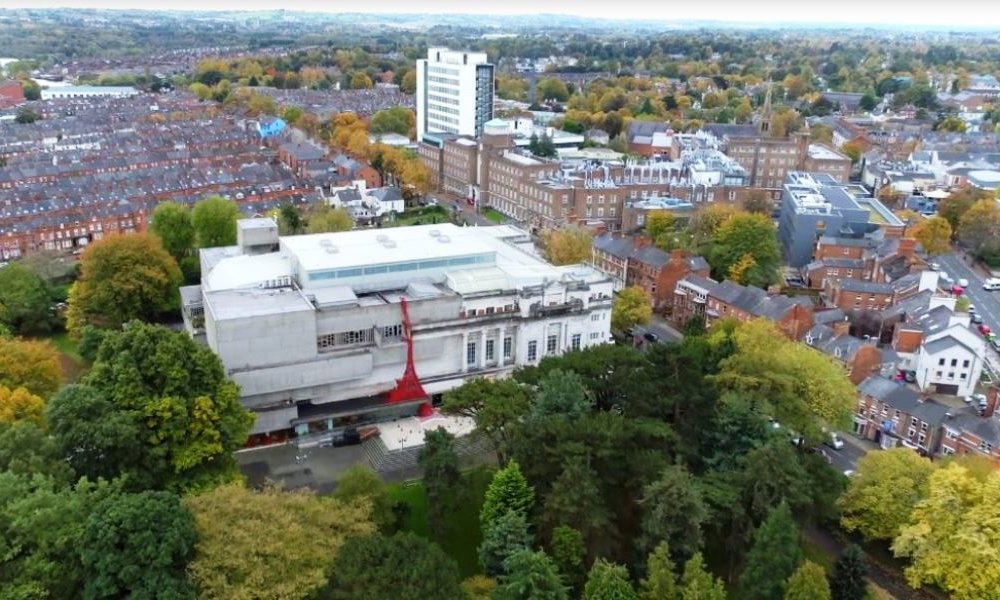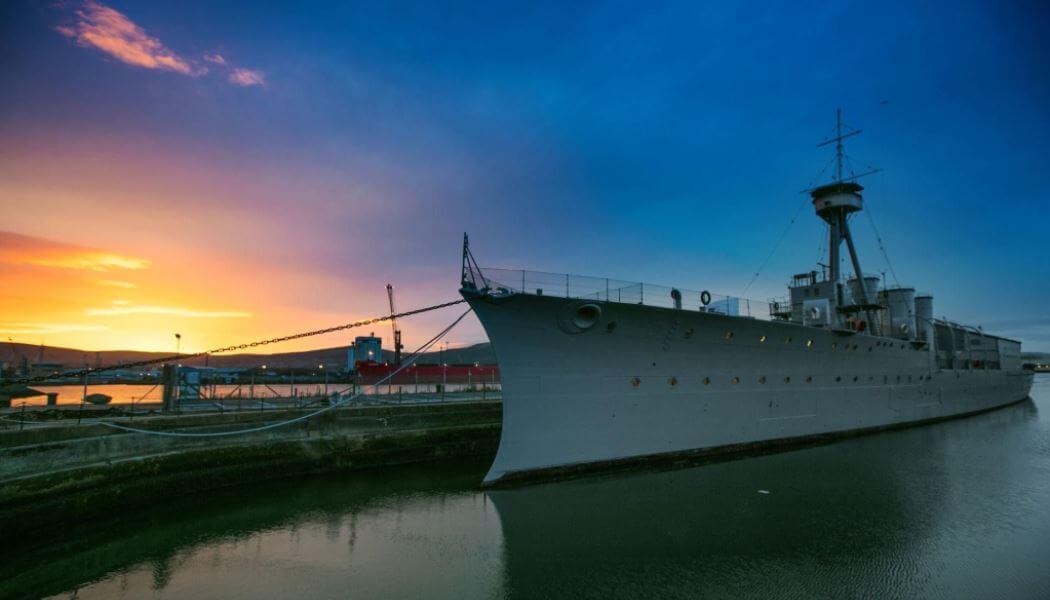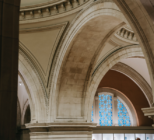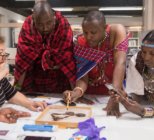What do we mean when we use the word dissent in a museum context and how will that be illustrated in your talk and the wider Museums Association Conference?
When we discussed the whole idea of dissent at the outset, the Conference Panel, which I chair, was very much of the view that the impetus for change in museums has often come from people who might have been classed as “dissenters”. The museum sector can be quite traditional, and change is an incremental process for many organisations. Yet there are many people who have a firm commitment to the view that museums should tackle difficult, divisive and sometimes unpopular issues.
To stand up and promote radical views takes courage and may not necessarily be greeted with much enthusiasm by those in authority within a museum. Nonetheless, there are examples across the UK of museums engaging with a much more relevant and topical agenda, using their collections to support the needs of communities and improving the lives of local people. These are the people we want to hear from and these are the projects which we wish to highlight.
I will be explaining what the term dissent means to me and will be discussing, in one session, work we have done in Republican and Loyalist areas of Belfast – communities that have not traditionally engaged with the museum sector. All the sessions at the conference will have an underlying theme which will address the ways in which positive change is being developed and delivered.
As a board member of the Museums Association and an advocate of Museums Change Lives – what, in your opinion, are some of positive impacts museums can have on society?
I firmly believe that museums can have a tremendous impact on the lives of people and communities. This, I think, is a view shared by many museum professionals and is reflected in the tremendous growth in membership we have seen over the last few years. This growth has a direct correlation to Museum Change Lives. The review which we undertook with our members of MCL recently very much highlighted the support for the policy and its significance to the sector.
Speaking from the Northern Ireland perspective I see how our collections and programming has been instrumental in helping people to deal with difficult and sensitive issues and has helped develop good relations between communities. Across the UK museums are engaged in community capacity building, using collections to build community pride and esteem. Museums Change Lives has also helped to raise awareness of the positive health and wellbeing impacts of cultural engagement. Museums, I believe, are critical to helping a society understand its past and enabling people to reflect on what shape the future may take.

And what do you think the impact will be for museums in Northern Ireland of the MA Conference being hosted in Belfast?
The MA Conference is now one of the largest and prestigious in the sector with a considerable number of international delegates and contributors. I hope it will provide an impetus for the further development of the museum sector here. There will be a range of free professional development seminars which local museum people will access. Many of our museums are smaller institutions with limited budgets so the opportunity to attend an international conference with it huge networking and professional development opportunities is one that will be grasped eagerly. The MA has been keen to facilitate attendance and has worked hard to ensure that places have been made available across the sector.
I think it will increase awareness of museums and the contribution that we make to society here, something which will provide a further stimulus for our work. I also think it will be a platform on which the Museums Association will build its membership base in Northern Ireland, thereby contributing to the development of a skilled and professional museum workforce.
As head of programmes at NMNI, how have your recent initiatives to promote learning, community engagement and partnerships affected the prospects of the country’s museums?
The work that we do with local communities, schools, learners and indeed all our audiences is firmly rooted in the overall Programme for Government. We need to deliver social and economic benefits for this society and we are therefore focused on ensuring that our programmes deliver these impacts.
Northern Ireland has been blighted by educational under attainment which has been generational; we have one of the most divided secondary school level systems which consistently churns out winners and losers. We work in partnership with the Educational Authority as a strategic partner in its Educational Improvement programme; we work with families to provide a parental engagement programme which enables parents to support their children’s learning.
Many of our most deprived areas have been disproportionally impacted by the Troubles and the residual effects of these ravages are still evident in many communities. We target resources to support these communities and facilitate their engagement with museums. It is vitally important for our survival that we are meaningfully connected to and relevant to local people and communities. I think the prospects of the country’s museums are intrinsically linked to this work and are what will sustain us in the future.
And what have been some of the significant developments in museums in Belfast and Northern Ireland in recent years and what are you looking to improve in the future?
For me personally, the redevelopment of the Ulster Museum was a hugely significant project. Not only did it transform the offering, but it was a catalyst for change in a whole number of ways across collections, learning and visitor engagement.
We have seen a range of museums being opened in the past few years and this has greatly enhanced the sector – the Free Derry Museum, HMS Caroline and the Museum of Orange Heritage for instance. Local communities have also embraced museums as a way of celebrating, preserving and reflecting their local heritage and culture. The East Belfast community has two examples of such small, community run museums and there are also several in West Belfast. Soon to open is a museum which tells the story of James Connolly and which has received support from Trade Unions from the United States, to which Connolly was historically linked.
I think the links between smaller community museums and their larger counterparts could be improved. There are challenges because the storylines often reflect a single community narrative, but we are well capable, as a sector, of dealing with these challenges.
How are current challenges such as funding, the suspension of the Northern Ireland Assembly and Brexit, having an impact on museums in Northern Ireland?
Passing off severe cuts to museum budgets as ways of increasing efficiency and effectiveness has long since worn thin. The cracks are now showing. They are manifesting themselves in limited programming, derisory acquisitions budgets and inadequate staffing levels. All of this is having a detrimental impact on the visitor experience while museums are being told to be more commercially active.
The present political hiatus is doing nothing for museums who are dependent on decisions being made, for instance, to release capital for major building programmes. Civil servants are not empowered to make such decisions and projects will sit on the shelf until there is a political solution.
Like many others I am unsure of the outcome of Brexit and what it will mean for Northern Ireland but is suspect it will not bode well for museums or society generally. The return of a democratically elected and politically accountable local Executive is essential. But like many others I can see this being something that will happen in the coming months.
The Museums Association Conference & Exhibition 2018 takes place at Belfast Waterfront from 8-10 November. Bookings can be made online here.
MA Conference Bookings
The Museums Association Conference & Exhibition 2018 takes place at Belfast Waterfront from 8-10 November. Bookings can be made online here










